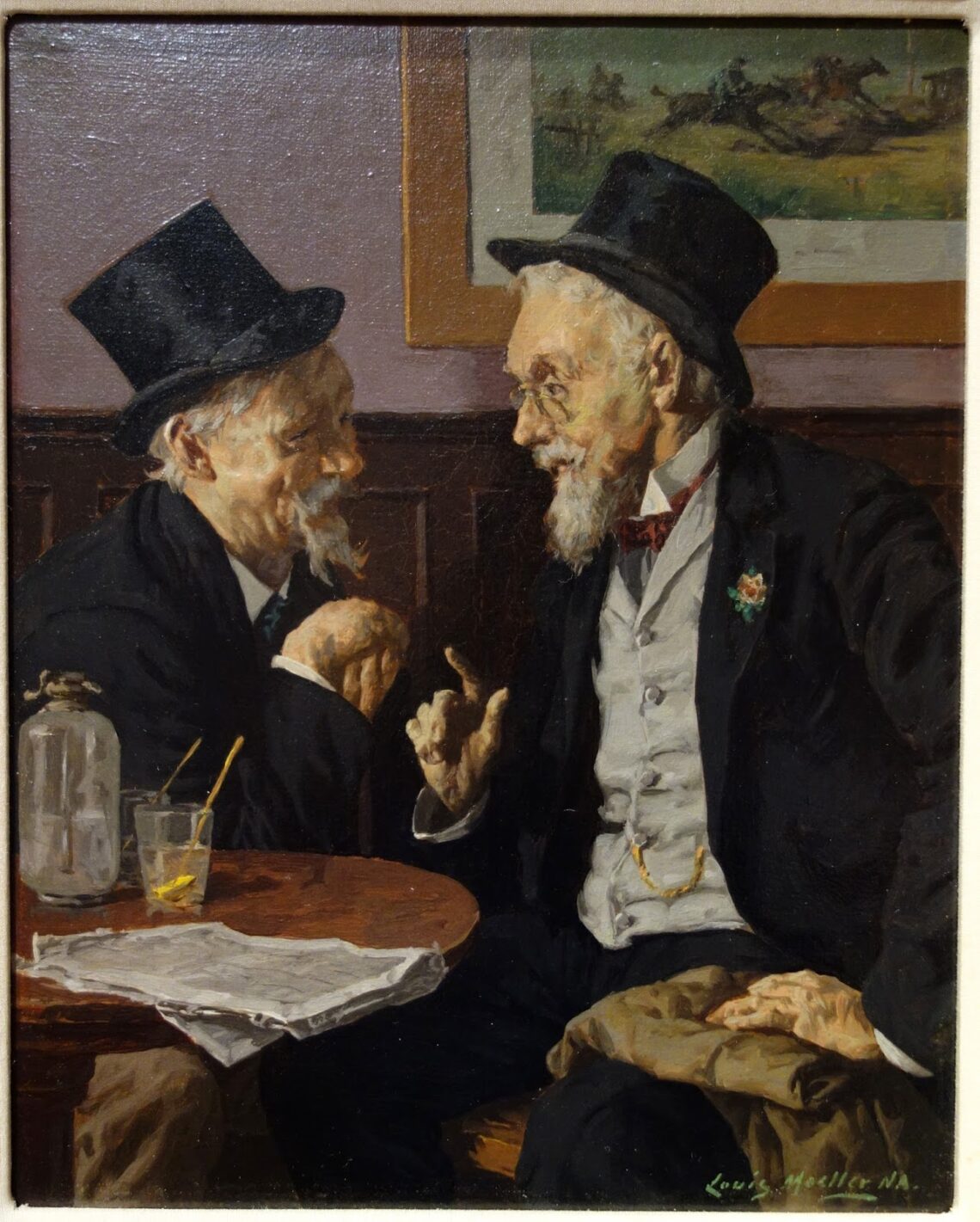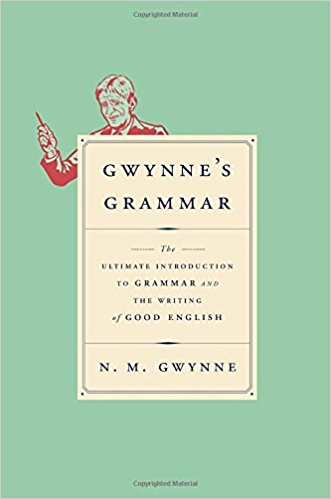According to eliminative materialists, the statements ‘I feel pain’ and ‘I believe that the cat is on the mat’ can be reduced to statements about physical mechanisms of the brain. ‘My C-fibres are firing’ or ‘my B-drive is accepting that the cat is on the mat’ will suffice to replace any reference to mental states. As Eddy Zemach kindly points out, doing so deprives us of any reason to think the reduced statements are true. If one asks, ‘what makes you think your C-fibres are firing,’ what else could the asserter say apart from, ‘well I feel pain’? Same for the B-drive. Hence, one might replace all our mentalistic statements,…
-
-
Language and Fellowship
“Aphasia, the loss of language following a brain injury, is devastating, and in severe cases family members may feel that the whole person is lost forever.” (Stephen Pinker, The Language Instinct, 2). Is fellowship possible without language? I don’t mean without the constant presence of language. Two people might not talk for a while but feel close to one another, but what if they never spoke to one another. What if, in the very nature of things, no one spoke? I suppose we could not know what our fellowship would be like. Would we be able to communicate in some way – by looking at each other? Perhaps we really…
- Epistemology, History of Ideas, Philosophical Theology, Philosophy of Education, Philosophy of Language, Philosophy of Linguistics
Classical Education: Loving the Rock of Reality
“Why Latin? Why Logic? Why only ‘great’ books?” Such are the questions levied at the classicist. They are good questions, but the best answers are not found in pragmatics, a list of the benefits of a classical education. Instead, the reason anyone ultimately prefers a classical approach to education is that she holds to a classical worldview. I say ‘ultimately’ because pragmatic answers don’t count for nothing. One cannot help using them in class to garner support for Latin verb endings. “Throughout history, the best authors were great Latinists” I said the other day. I had in mind one student whose mother had told me that she would like to…
-
Pronounambulation
My paper can no more make an argument than my computer can hope for a Cubs win. People write papers and in those papers people express propositions in sentences that constitute arguments. ‘I’ is the first person pronoun and I use it to refer to myself, the person writing the paper. If I want to tell you something I am going to do in my paper, I will tell you that I will be the one doing it: “In this paper, I will argue…” ‘One’ is a personal pronoun referring to anyone to which some property or other might apply. If I say, ‘one might argue ~q’, I am referring to…
-
Katzching Platonism
Jerold Katz According to Chomskian nativism, the necessary condition for language acquisition is the possession of an innate knowledge of the rules of grammar. His reasoning for thinking that human beings have an innate knowledge of grammar is that human beings are able to learn vastly complex natural languages from a relatively limited exposure to those languages. Thus, Chomsky suggests that there must be some innately possessed knowledge of grammar that is universally possessed by human beings. Such a grammar must also be sufficiently similar across the brains that possess it. Jerold Katz argues that Chomsky’s psychologism is insufficient to account for necessary truths: Chomsky’s psychologism actually denies the possibility of…
-
Grammar and Normativity
In Chapter 2 of Gwynne’s Grammar, Nevile Gwynne claims that happiness is partly dependent upon good grammar: “If we don’t use words rightly, we shall not think rightly” “If we do not think rightly, we cannot reliably decide rightly, because good decisions depend on accurate thinking” “If we do not decide rightly, we shall make a mess of our lives and also of other people’s lives to the extent that we have an influence on other people” “If we make a mess of our lives, we shall make ourselves and other people unhappy” Therefore, “Happiness depends at least partly on good grammar” Premise (1) suggests that good grammar is the…
-
Snowflakes and the Origin of Language
According to Chomsky, nothing has happened to language in about 50,000 years. Take any child from any place from any time within the last 50,000 years and put him in a family in Boston in 2017 and he will grow up speaking like a Bostonian. Prior to 50,000 years ago, there was no such thing as language. Something happened in a small space of time that gave us language. Some rewiring of the brain occurred and gave rise to a mechanism. The mechanism is like a snowflake – it is the way it is because nature produces it that way. In the same way a snowflake is need of no…
-
Dogish?
To varying degrees, I have learned Greek, Latin, German, French, and English, but dogish lies out of my reach. My grandmother spoke to her dog, but the snuffly little pug’s responses never sounded anything like what my grandmother said to him. She said things like, “I do before to be a hudra hud,” which meant “good dog.” To request a photograph of the dog one would ask if it minded having its “wotytook.” As a boy, I was sure it was a real language, but it wasn’t – twas fun, but not dogish. Con Slobodchikoff says he has learnt the real thing, at least some of it, and only prairie…


